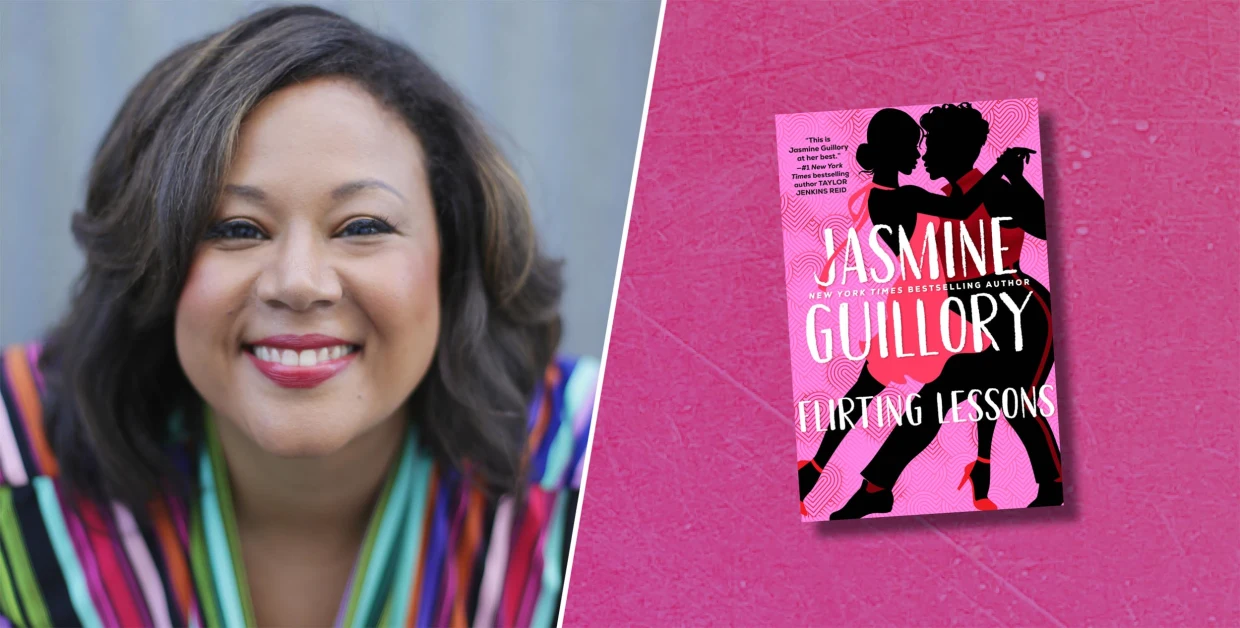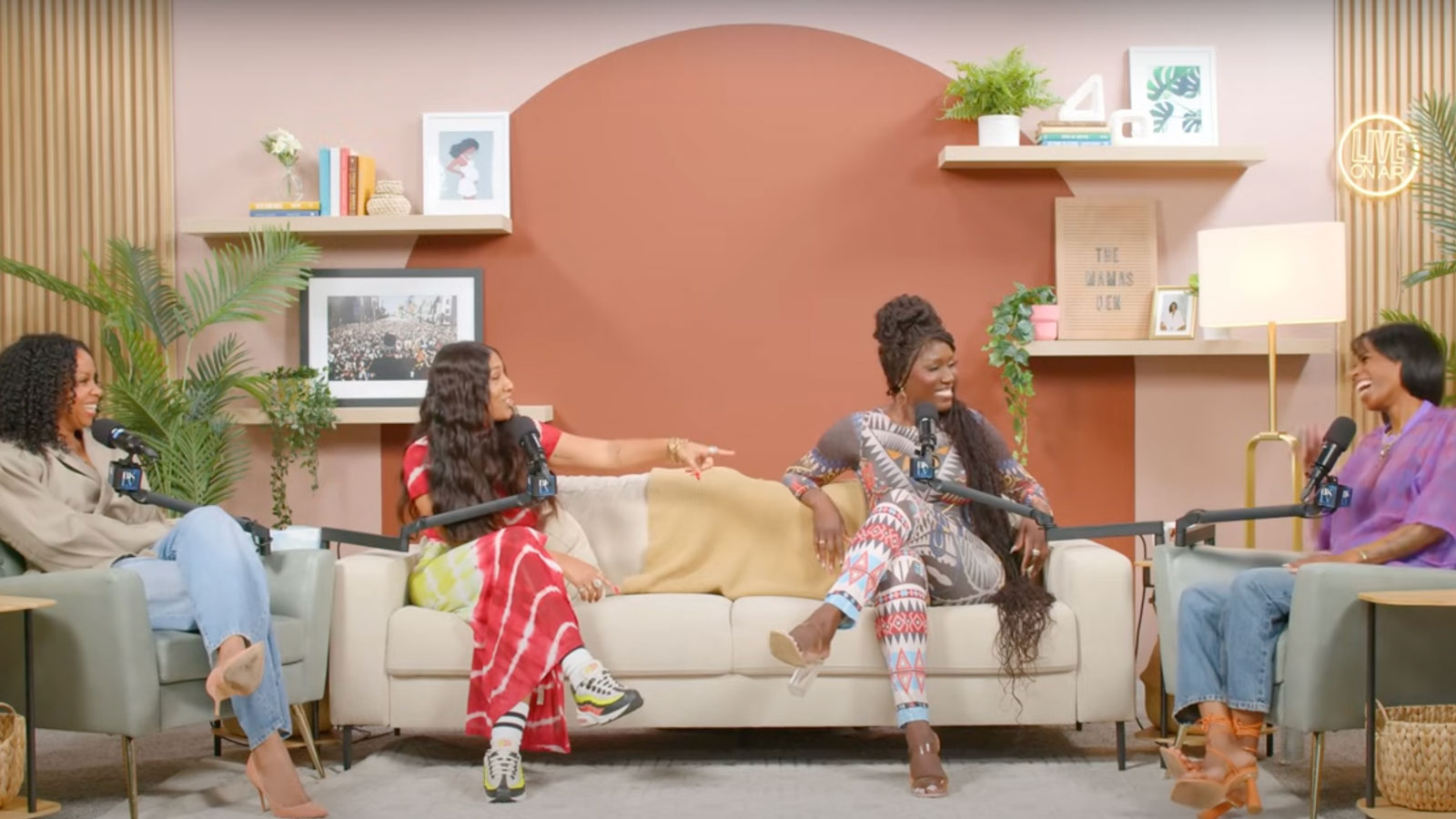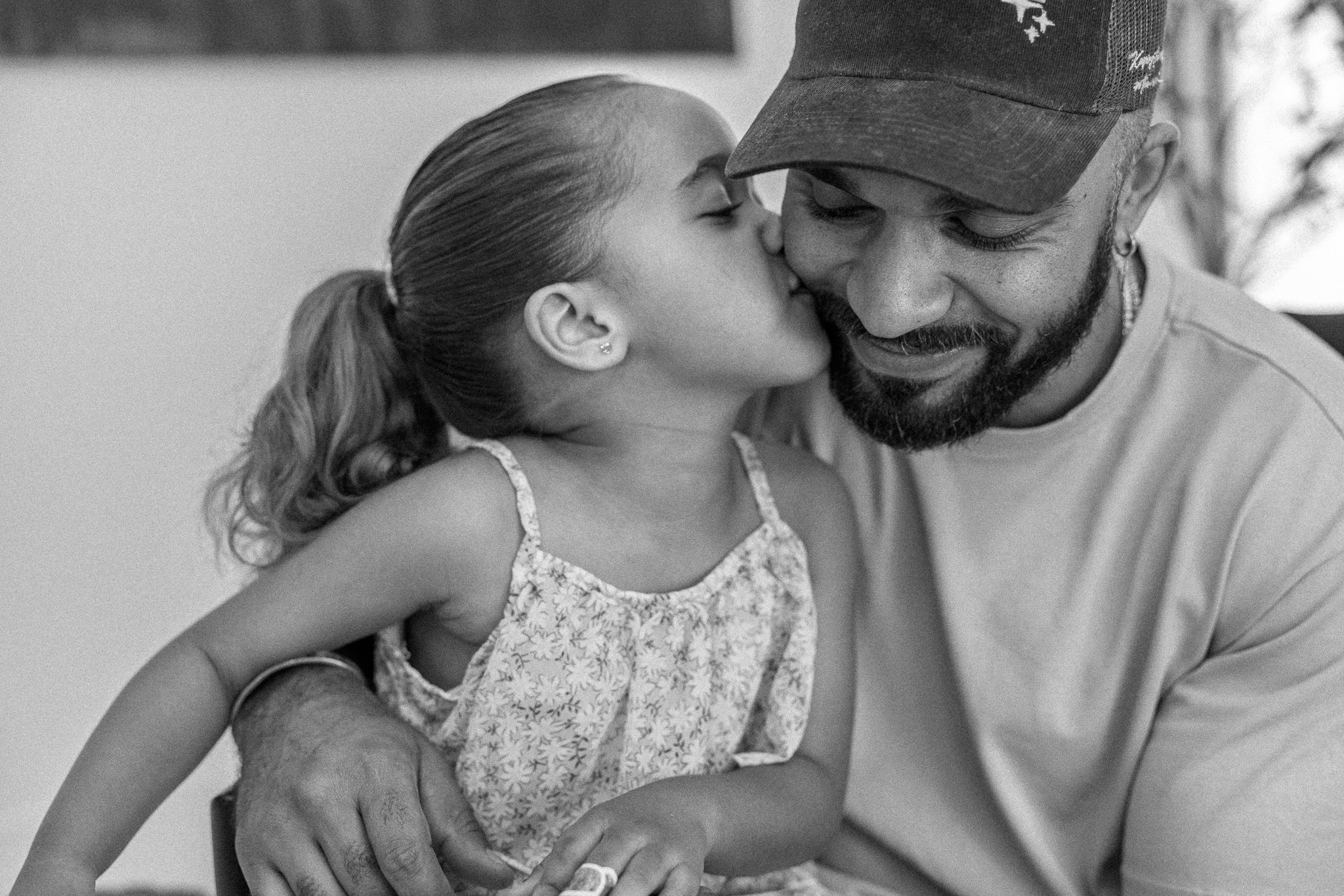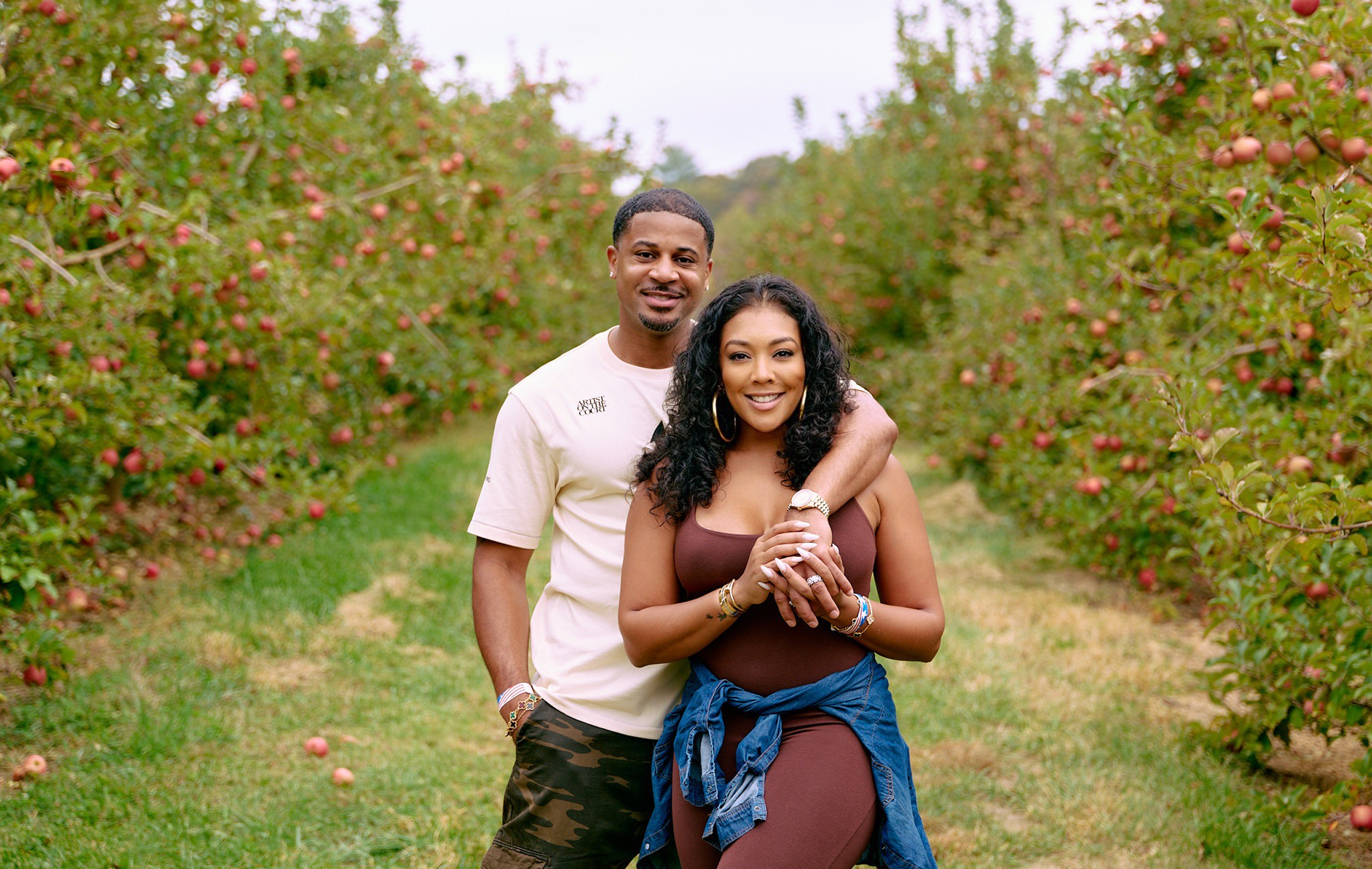
Courtesy of Pexels.com/Nappy.co/CreateHer Stock
Courtesy of Pexels.com/Nappy.co/CreateHer Stock
One of the most powerful things Black authors have done is mobilize their voices to share Black stories. To contribute to the cause, the Black Love team has compiled 10 of the best novels about the Black experience to explore what Blackness means. We’re more than the products of slavery — we’re humans struggling to find love, acceptance, and our identities. These books to read about the Black experience challenge racist notions, expand our understanding of Black history, and give us something to relate to when the world is too much. But don’t stop here. Read more from these authors to see all they have to share on the topic.

credit: goodreads.com
From “Superman” to Man by J.A. Rogers
From “Superman” to Man is an ingenious novel that systematically dismantles every common, false notion of Black inferiority. The entire text is in the form of a debate between a Black porter and a white senator aboard a train. Surprised at the porter’s manner and intellect, the white man engages him in conversation arguing that science and other improperly tested ideas serve as proof that whites are the superior race. The Black man’s careful and evidence-based response is a triumph and a pleasure to read. The remarkableness of this book is amplified by the climate in which it was written — J.A. Rogers, a Jamaican-American, self-published this book in 1917.

credit: barnesandnoble.com
Their Eyes Were Watching God by Zora Neale Hurston
Their Eyes Were Watching God, written in 1937, is recognized by TIME as one of the 100 best English-language novels from 1923 to 2005. Though Zora Neale Hurston did not endeavor to directly comment on white and Black relations, she stands apart for expressing Black femininity and sexuality in an era dominated by racial commentary. Young Janie is fair-skinned with long hair but still nearly powerless as shown through her first arranged marriage. Through her subsequent relationships, she begins to liberate herself, but not without withstanding harsh criticism from within her own community. Zora Neale Hurston tackles subverted beliefs in male superiority while using a voice that is uniquely Black and southern.

credit: amazon.com
Native Son by Richard Wright
Native Son, written by Richard Wright in 1940, is a difficult tale but an important one nonetheless. Bigger Thomas is very much a product of his environment. Native Son speaks to his life starting from a poor overcrowded bedroom in South Side Chicago. It’s clear that he’s frustrated by his lack of power and lashing out even before he gets a new job and home working for a white family. Without apologizing for the crimes Bigger ultimately commits, Richard Wright sends a larger message — Black people often find themselves in situations where the odds are too stacked against them to be overcome. Acts of desperation ultimately lead to the tragedies within this story.

credit: independent.co.uk
Invisible Man by Ralph Ellison
Invisible Man by Ralph Ellison is a tale of a Black man’s figurative invisibility in society. It’s fitting that the narrator remains unnamed throughout the book, but you come to intimately know him through his life experiences. Despite many attempts to overcome the ills of society, his progress is challenged at every level by white institutions, self-serving Black organizations, and the residue of racism. Though the topic is establishing our individuality among racial politics, this book is also recognized as a broadly American reflection on the journey to personal identity. Barack Obama is a fan and even modeled his memoir, Dreams From My Father, on Ralph Ellison’s 1952 novel.

credit: wikipedia.com
If Beale Street Could Talk by James Baldwin
James Baldwin is known for producing many works commenting on race, class, and sexuality ranging from Go Tell It On the Mountain to The Fire Next Time and beyond. But most recently, his 1974 novel If Beale Street Could Talk increased in notoriety thanks to a film adaptation released in 2018. This love story tells the tale of Tish and Fonny, a young couple trying to navigate their way through trying times. Shortly after they get engaged and find they are expecting a child, Fonny is jailed under false accusations of rape. This novel and film raises a critical eye on the criminal justice system while celebrating pure, resilient love between Black people.

credit: amazon.com
The New Jim Crow: Mass Incarceration in the Age of Colorblindness by Michelle Alexander
In 2010, shortly after the election of America’s first Black president, Michelle Alexander argues that institutionally enforced racism has not been destroyed, merely mutated. The Jim Crow laws of the early 20th century that mandated racial segregation in the southern U.S. were overruled by the Civil Rights Act of 1964. “Separate but equal” should be gone, right? The New Jim Crow: Mass Incarceration in the Age of Colorblindness describes how the disproportionate number of jailed Black men tells a different story. It calls out the criminal justice system for capitalizing on the “War on Drugs” and other initiatives to disenfranchise Black men, stripping them of the rights that would allow them to participate in this country as full citizens.

credit: amazon.com
Between the World and Me by Ta-Nehisi Coates
Ta-Nehisi Coates pays tribute to James Baldwin’s The First Next Time in his own 2015 book, Between the World and Me. After reading James Baldwin’s 1963 novel, Coates was inspired to write his own; like Baldwin, Coates writes to a young Black man in his life, his 15-year-old son. “Here is what I would like for you to know: In America, it is traditional to destroy the black body—it is heritage.” Despite spending many previous years protecting his son, he now wants to be sure his son understands his place in the world and the daily, potentially-permanent threats that racism places on his body and life. Between the World and Me won the National Book Award and was deemed a successful tribute to Baldwin upon review by noted author Toni Morrison.

credit: amazon.com
You Can’t Touch My Hair: And Other Things I Still Have to Explain by Phoebe Robinson
Phoebe Robinson sheds a humorous, yet thought-provoking light on the Black experience through her 2016 essay collection You Can’t Touch My Hair: And Other Things I Still Have to Explain. The intricacies of Black culture are still widely misunderstood and many can relate to the tales Phoebe shares about being “the Black friend,” being a spokesperson for Black people, and, of course, being asked if people can touch her hair. Phoebe is a stand-up comedian, writer, and actor and uses her platform to discuss the ways race and feminism intersect in the modern day.

credit: amazon.com
The Misadventures of Awkward Black Girl by Issa Rae
You may know Issa Rae from her show Insecure, but before she was on HBO, she starred in a web-series called The Misadventures of Awkward Black Girl that inspired the book of the same name. Issa infuses her persona into J — “I’m awkward—and black. Someone once told me those were the two worst things anyone could be. That someone was right. Where do I start? “ She starts with cybersexing and proceeds to share more social blunders that could only be made more awkward by being an introverted Black woman in America. You’re guaranteed to laugh yourself out your chair, especially when you read about her high school twerking story.

credit: amazon.com
Tears We Cannot Stop: A Sermon to White America by Michael Eric Dyson
After making waves as an academic, author, and preacher, Michael Eric Dyson released yet another impassioned plea in 2017 with Tears We Cannot Stop: A Sermon to White America. As the title states, this book is written as a sermon and even divided into the traditional parts from “Call to Worship” to “Sermon” to “Closing Prayer.” Reading it is like entering your historically Black church on Sunday when the pastor is amped up and there’s a white guest in the audience. Yes, this book is written for white America and Michael Eric Dyson does not mince his words. Tears We Cannot Stop calls out white people and implores them to not only acknowledge racial inequities but also take steps to address them.
Related Articles
Discover why Jasmine Guillory’s latest novel Flirting Lessons is a must-read—and how the author continues to redefine modern romance with layered Black heroines, real emotional depth, and Black literature that feel both magical and true.
Bozoma Saint John talks Black motherhood, grief, self-love, and finding joy again. Don’t miss her powerful conversation on building legacy and living boldly.
Tyler Lepley shows the beauty of Black fatherhood, blended family life with Miracle Watts, & raising his three children in this Father Noir spotlight.
Featured Articles
When Elitia and Cullen Mattox found each other, they decided that they wanted their new relationship together, their union, to be healthier and different.
Celebrate their marriage and partnership with the release of the documentary “Time II: Unfinished Business”
Our intent is to share love so that people can see, like love really conquers everything. Topics like marriage and finance, Black relationships and parenting.
The vision for our engagement shoot was to celebrate ourselves as a Young Power Couple with an upcoming wedding, celebrating our five year anniversary - glammed up and taking over New York.
Meagan Good and DeVon Franklin’s new relationships are a testament to healing, growth, and the belief that love can find you again when you least expect it.
HEY CHI-TOWN, who’s hungry?! In honor of #BlackBusinessMonth, we teamed up with @eatokratheapp, a Black-owned app designed to connect you with some of the best #BlackOwnedRestaurants in YOUR city – and this week, we’re highlighting some of Chicago’s best!











